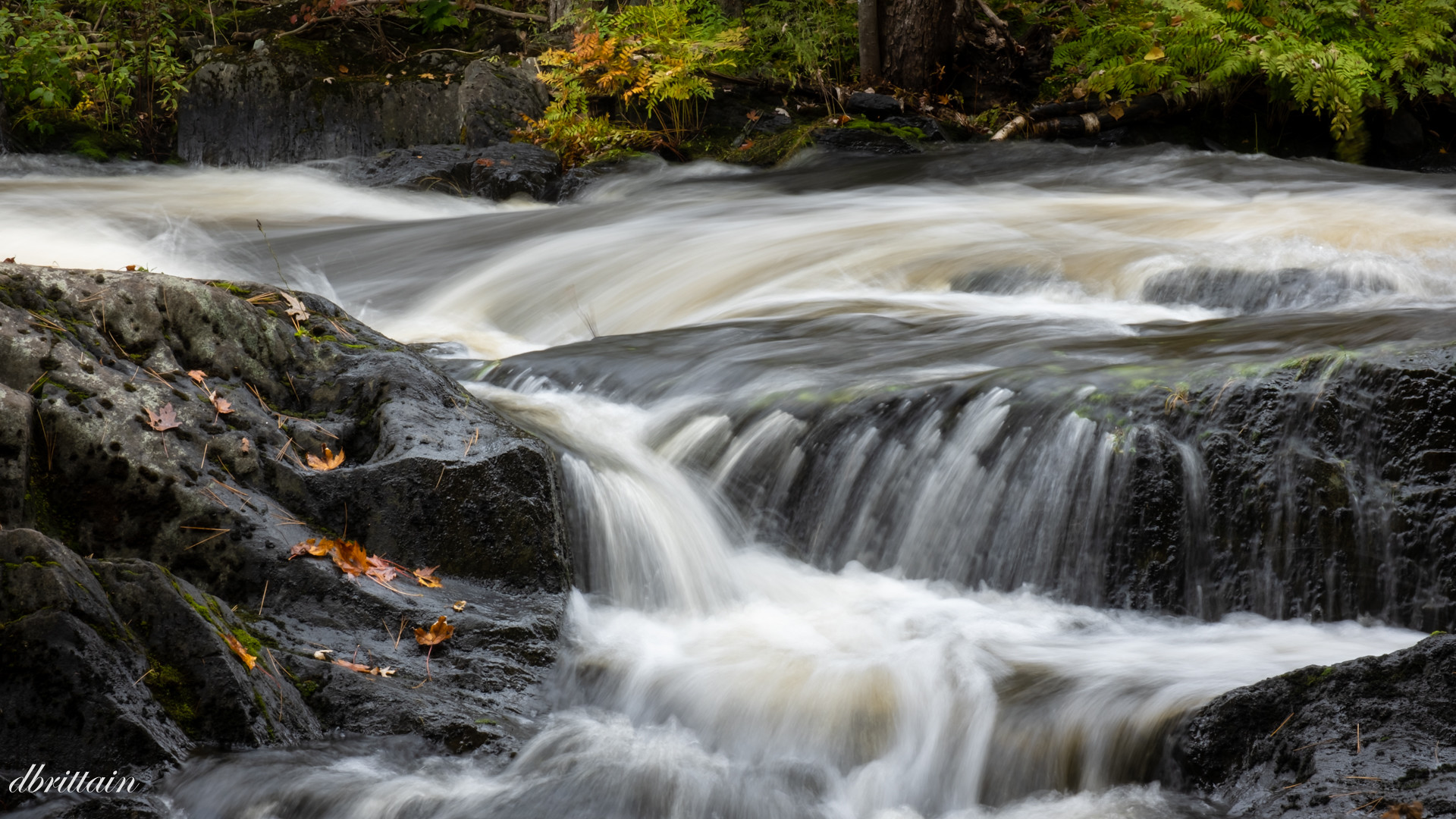Backpacking is a great way to explore the outdoors. But it can sometimes be difficult to find clean and safe drinking water. One way to ensure that you have access to clean and safe water is to use a water filter while backpacking.
A water filter is a device that removes contaminants from drinking water. It can remove bacteria, parasites, chemicals, and other contaminants that can make you sick. Water filters are typically portable and easy to use, making them ideal for backpacking trips.
There are many types of water filters available on the market today. Some of the most popular backpacking filters include gravity filters, pump filters, ultraviolet filters, chemical purification tablets, and straw-style filters. Each type of filter has its own advantages and disadvantages, so it’s important to research which type is best for your needs.
Gravity filters are one of the most popular types of backpacking water filters because they don’t require any pumping or other effort from the user – just hang them up and wait for gravity to do its job! They’re also generally lightweight and easy to use in remote areas where electricity or batteries may not be available. However, they are usually less effective at removing viruses than other types of filters.
Pump filters require some effort from the user but they tend to be more efficient at filtering out contaminants than gravity filters. They work by forcing contaminated water through a series of filter cartridges which trap particles as small as 0.2 microns in size (viruses are usually 1 micron or larger). Pump filters tend to be heavier than gravity varieties but they can often be used multiple times with replacement filter cartridges instead of being disposed of after each use like some other types of filter systems.
Ultraviolet (UV) light filtration systems are another popular option for backpackers looking for portable filtration systems that don’t require the user to do any pumping or manual filtering. UV light kills bacteria and viruses on contact – all you need to do is hold the UV light wand over your contaminated water for a few minutes until it has been sterilized! Unfortunately, these systems tend to be expensive and aren’t always as effective at removing other contaminants like chemicals or heavy metals from drinking water sources as some other types of filtration systems may be.
Chemical purification tablets or drops can also be used when backpacking – all you need to do is add them directly into your contaminated source before drinking! These work by releasing chlorine dioxide into the water which kills bacteria and viruses on contact – no pumping required! However, these chemical treatments don’t always remove all contaminants (such as heavy metals) from drinking sources so it’s important to read labels carefully when choosing this type of treatment system for your trip.
Conclusion: Do Water Filters Work Backpacking? Yes! There are many types of portable water filtration systems designed specifically for backpacking trips which allow users access to clean, safe drinking water in remote areas without having access electricity or batteries. Gravity filtration systems provide an easy way for backpackers to quickly filter out large particulates but may not always remove smaller particles like viruses effectively; pump filtration systems require more effort from users but offer better protection against smaller contaminates; ultraviolet light treatments offer quick disinfection with minimal effort; and chemical treatments provide an easy way for users who don’t want any pumping or manual filtering but may not remove all contaminants from drinking sources.

